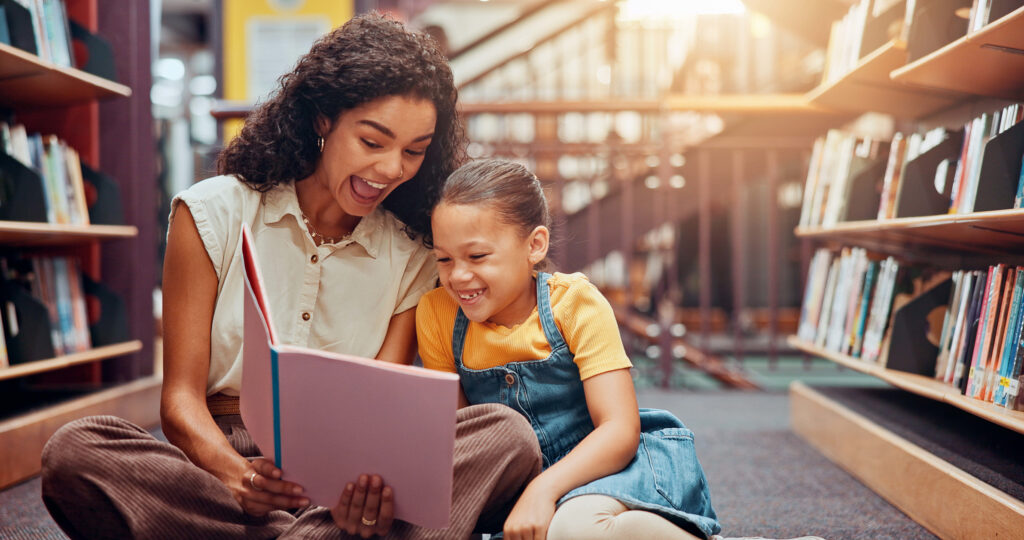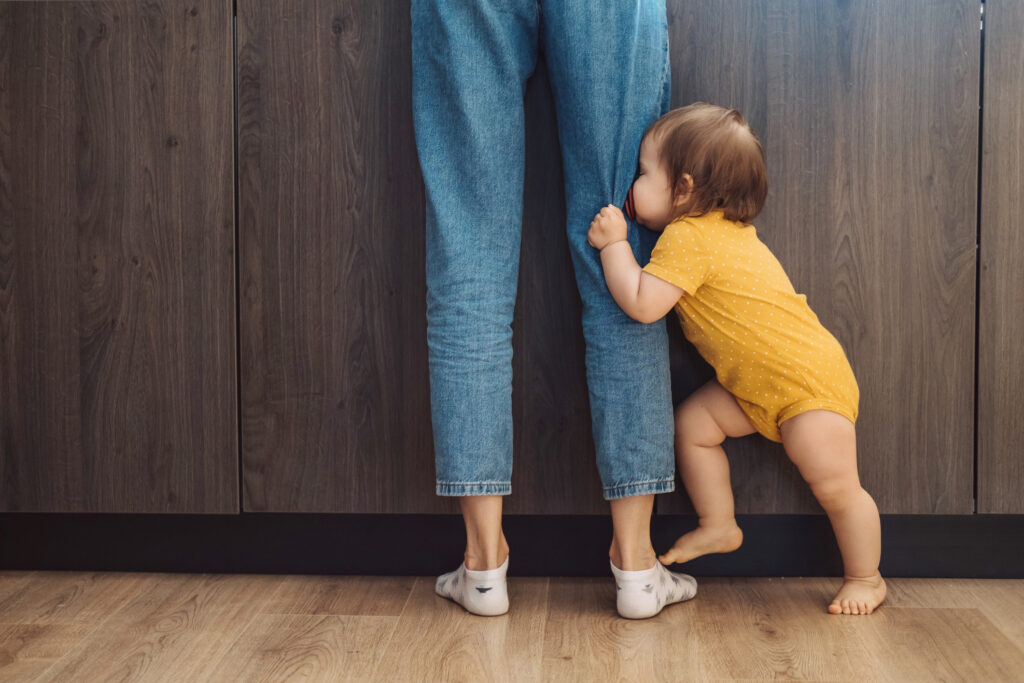 For most parents (and children) one of the earliest milestones occurs when a small child moves from the constant security of home into a preschool. For a three- or four-year-old it marks a massive change in their young lives. But if they've managed that with a degree of success they are in an excellent position to take the next step…starting Kindergarten.
For most parents (and children) one of the earliest milestones occurs when a small child moves from the constant security of home into a preschool. For a three- or four-year-old it marks a massive change in their young lives. But if they've managed that with a degree of success they are in an excellent position to take the next step…starting Kindergarten.
Nevertheless, kindergarten is a still a big step for a four-, five- or six-year-old – especially if the child hasn’t been in preschool – and families can help by following these tips:
Before the summer:
- Start talking about the upcoming transition well before it is due to happen.
- Keep any comments positive. “You’ll be learning so many new things when you go to kindergarten!”
- Never use school as a threat. “You’ll have to stop doing that when you go to kindergarten!“
- Visit the new school. Many kindergartens have orientation days for newbies so take advantage of that.
- Reassure children what will happen at the end of the day so they know you (or whoever will do it) will be there to pick them up when it is time to go home and make sure they know where you will be.
- Ask questions that might unearth any fears or concerns children have. Start positive: “What do you think will be the best things about kindergarten?” before moving on to possible concerns. A question like “What do you think will be the scariest things about kindergarten?” not only reassures children that it is OK to have concerns, but can enable them to give voice to any underlying fears which you can then discuss and hopefully allay.
During the summer:
- Talk about how your child will get to school and take that journey a few times beforehand.
- Talk about meals or snacks that occur during school hours. Buy a new lunch box and make it an occasion and use it on a picnic. Be sure to familiarize yourself with the school’s expectations and think of foods that your child will enjoy.
- Explain to your child where the bathroom is at school and make sure they can go independently. While most children able to manage toileting are at this age, you can feel assured that most teachers are able to take the odd accident in stride.
- Have your child practise taking his or her shoes and jackets on and off, and choose styles that are easy for little hands. Make sure everything is labelled.
- Shop together for any new gear that is needed (such as a backpack).
- Remind your child of other children they know who are making the transition with them. If they will not know anyone, talk about making new friends. Recognize that being a stranger in a new situation can be scary for a child.
- Ask what they think they might do to make a friend; (smile, ask the other child’s name and tell your own, talk about something they like, listen to what the other child says, offer help if another child seems to need it).
- Look for books about starting school and read them together.
At the end of the summer:
- LISTEN to your child, both before the transition and in the early weeks in this new situation. Children can be excited at the thought but less enthusiastic about it after a few days.
- Arrive at the school in good time on the first day so no one feels rushed and try to help them get involved in some activity before you leave. Look confident as you say goodbye and GO! If you hang around, children may feel you are worried about what will happen and that will make them worry, too.
- Remember the teacher wants children to settle in and enjoy their school days, so don’t hesitate to talk to her or him if you are concerned about anything.
Anthony Field is the creator of The Wiggles and as the Blue Wiggle, has been entertaining children with The Wiggles for more than 24 years. A former preschool teacher, Anthony has a degree in Early Childhood Education from Sydney's Macquarie University and is married with three children.










